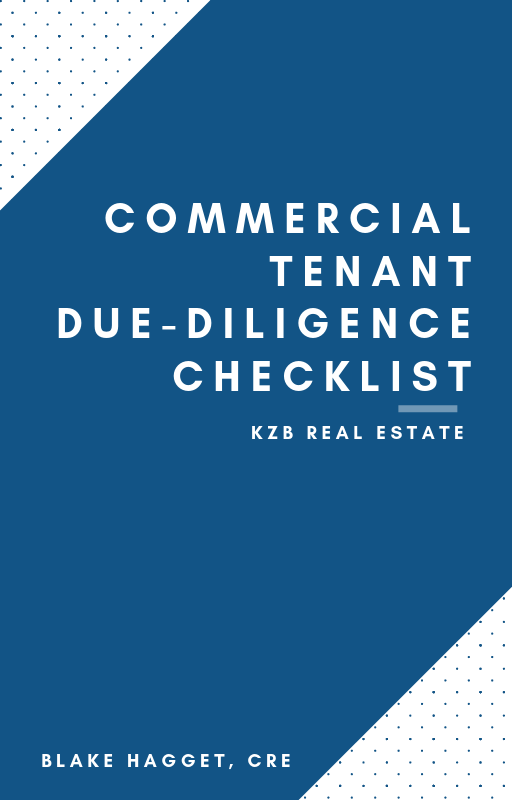Commercial Property Tax Deductions

Are you interested in investing in commercial real estate? Commercial properties are considered to be a good investment because they can generate wealth and ensure a steady monthly cash flow. However, they are also risky, so before you put your money down it’s better to learn about all the taxes you need to pay, which can be a monumental task.
The main problems arise mainly because most people are more familiar with the taxes on residential properties and don’t realize different taxes apply to commercial real estate. This is due to the fact that the amount of the taxes is based on the assessed value of the property – as commercial properties generate income, they come with higher tax bills.
With that being said, investors can make use of some tax benefits which can reduce their tax bill in time. In this article, we’ll discuss the types of taxes investors need to pay and in which cases commercial property tax deduction is applied.
What Are Commercial Property Tax Deductions?
Commercial property owners are able to get a deduction of the expenses associated with the maintenance or management of their property. Owners can get interest on air conditioning repair, leasing agent fees, water leaks, loan payments, cracked tiling, and when replacing smoke alarms.
Is Commercial Real Estate Tax Deductible?

Yes, commercial real estate tax is deductible. Just like residential real estate owners, commercial real estate owners can deduct mortgage interest from their taxes. There are cases when the deduction is high enough to offset the taxes owed on profits made by the property.
This usually happens when investors purchase mortgages with higher interest rates. Investors can take advantage of this tax benefit if they claim their accumulated mortgage interest payments at tax time. For example, investors that have paid $2,500 a month in interest can claim a $30,000 tax deduction.
What Tax Do You Pay on a Commercial Property?
Before you invest in a commercial property, you first need to learn which property taxes apply to this type of investment.
Property Taxes
Investors are obliged to pay levy property taxes on their commercial property. This tax is similar to the tax owners pay on residential real estate and depends on your county government. If your property tax bills are too high, be sure to consider this expense when calculating the rent you charge on the property.
Federal Income Taxes
Investors also need to pay federal tax income on their commercial property. This tax is “levied by the International Revenue Service (IRS) on the annual earnings of individuals, corporations, trusts, and other legal entities.”This tax applies to all earnings that create the investor’s taxable income such as capital gains and employment earnings.
State Income Tax
State income tax is levied by the state on all your income earned in that state. This tax is imposed on the income of individuals, corporations, estates, and trusts. Keep in mind that this is a self-assessed tax, which means that you are responsible for filing state tax returns. State income taxes vary by state.
Local Taxes
Local taxes are levied by the county or municipality which is your state of residence. These taxes are used to fund public services such as road maintenance, education, and garbage collection. Although this is not a business tax, you should also consider this experience when you calculate your tax bill.
Is Interest on Commercial Property Loans Tax Deductible?

Yes, deduction of interest is obtainable for commercial properties as it is for residential properties. Investors can also claim interest on processing fees and prepayment charges paid for the commercial property loan.
What Is the Capital Gains Tax Rate on Commercial Property?
Investors need to pay capital tax gains whenever they generate capital from disposing of an asset such as commercial real estate, expensive collectibles, and bonds. This type of tax doesn’t apply to business income or the potential sale of the individual’s primary residence. In general, investors need to pay two major capital gains – short-term capital gains taxes and long-term capital gain taxes.
Investors are obliged to pay short-term capital gains taxes on properties held for less than 12 months and long-term taxes for properties held longer than 12 months. Note that capital gains tax rates vary depending on the investor’s income during the year in which they’ve sold the property.


